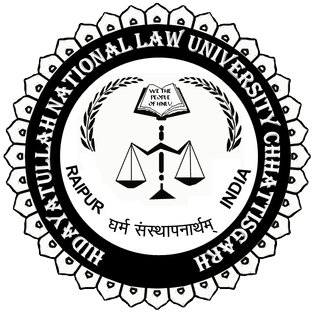Highlights: -
|
Degree Name |
Masters of Legislative Law |
|
Level |
Postgraduate |
|
Duration of the course |
2 years |
|
Eligibility |
LLB Graduate |
|
Education mode |
Full-time |
|
Admission Process |
Merit and Entrance Exams |
|
Entrance Exams |
CLAT PG, AILET PG, LSAT PG, IPU CET PG, DU LLM, TISS NET, BHU PET PG, AP LAWCET PG, TS LAWCET PG, CUSAT PG, CET PG, CUCET PG |
|
Fees of the course |
Rs 1.00 Lakh - Rs 10.00 Lakhs |
Eligibility Criteria: -
- Candidates must have an LLB from a recognised university.
- Candidates must have at least 50% aggregate marks in their degree.
- Applicants must meet the cut-off for the admission exam.
- Candidates must give personal interviews and group discussions designed to assess their understanding of the subject.
Syllabus for LLM:
The LLM syllabus will vary from college to college, but the course aims and subjects shall remain the same; the subject distribution over the syllabus may differ, but the study matter remains consistent. Nevertheless, candidates should check the official website to know the complete syllabus. Here is a general guide to LLM syllabus design, as commonly followed by Indian colleges:
|
Semester 1 |
Semester 2 |
|
Legal Education & Research Methodology |
Law and Justice in a Globalising World |
|
Comparative Public Law |
Labour Laws |
|
Banking and Insurance Law |
Company Law |
|
Intellectual Property Law |
International Trade Law |
|
Competition Law |
Dissertation |
|
Semester 3 |
Semester 4 |
|
Capital market laws |
European procurement law |
|
Corporate legal framework |
Foreign trade policies |
|
Philosophy of law |
Research work |
.webp)
Employment after LLM in Corporate Law: -
|
Job Profiles |
Average Salary (Lakhs Per Annum) |
|
Associate Advocates |
Rs. 3.00 - Rs 5.00 LPA |
|
Business Lawyer |
Rs. 5.50 - Rs 7.00 LPA |
|
Corporate Events Associates |
Rs. 2.50 - Rs 5.00 LPA |
|
Corporate Lawyer |
Rs. 3.00 - Rs 7.00 LPA |
|
Law Administrator |
Rs. 3.00 - Rs 7.00 LPA |
|
Legal Advisor |
Rs. 3.00 - Rs 6.00 LPA |
|
Legal Counsel |
Rs. 5.00 - Rs 8.00 LPA |
|
Legal Publisher |
Rs. 1.70 - Rs 3.00 LPA |
|
Lecturer |
Rs. 4.00 - Rs 7.00 LPA |
FAQs
- Is LLM Corporate law a good career?
In recent years, the corporate legal sector in India has witnessed unprecedented growth, mirroring the country’s expanding economy. According to industry reports, the demand for corporate lawyers has surged by over 20% in the past decade. So this is definitely a good career.
- What is the eligibility criteria for LLM?
Candidates must possess an LLB degree from any recognised university scoring a minimum of 50% at the Undergraduate level.
- What are some of the LLM Corporate subjects?
Some of the popular LLM Corporate subjects to be taught in the span of two years include Company Law, Banking and Finance Law, International Law and much more.
- How is Corporate Law different from Business Law?
There is no specific definition that identifies the difference between corporate law and business law, corporate law generally refers to how businesses are formed, governed, administered, and managed, while business law refers to the areas of the law that are associated with how the business operates, such as employment law, contract law, tax law, and business litigation.
































